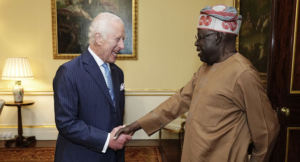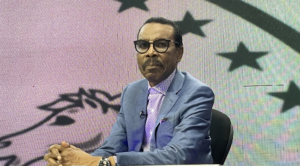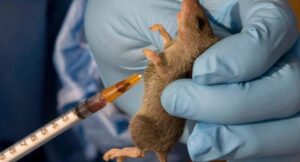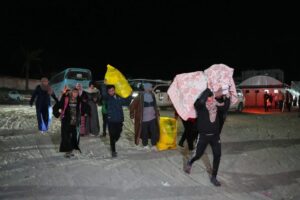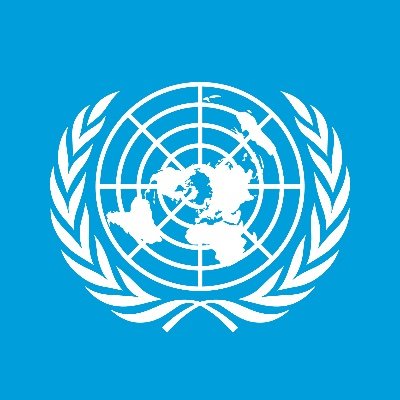
The World Health Organisation (WHO), Oyo state Emergency Operations Centre (EOC), facilitated by the Nigeria Association of Women Journalists (NAWOJ), Oyo state chapter have organised a day training program, which focuses on COVID-19 pandemic, vaccination and more importantly Infodemic for Oyo state journalists.
The training, which was graced by journalists from major print, broadcast and online media houses in the state, was to strengthen and broaden the knowledge of journalists on COVID-19 related issues and to set agenda for the coming days in sensitizing the public.
Those in attendance at the training includes Dr. Akinfemi Akinyode, State Epidemiologist, Dr Oluwabukola Alawale, Incident manager for COVID-19, Dr Adeniyi Adeniran: Incident manager for Tuberculosis, Dr Oluyinka Dania, Cluster consultant and Mr. John Akinoye: State Liason Officer NCDC.
Speaking at the training, the Chairperson Oyo NAWOJ), Jadesola Ajibola urged all tiers of government, the security agencies and development partners to henceforth recognise journalists as frontline workers during emergencies periods.
The union noted that journalists usually play important roles during emergencies such as the outbreak of pandemics like COVID-19, cholera, during wars and crises just like other professionals such as medical workers and security agents.
Ajibola insisted that journalists should be recognised as frontline workers.
She advised that journalists should be given incentives like other professionals because they too played significant roles especially during the heat of COVID-19.
According to her, “We need to recognise journalists as frontline workers during emergencies. We should be seen and addressed as frontline workers and should be given hazard allowances.
“We report and do a lot of sacrifices and work during the COVID-19 period just like health workers and other professionals but when the government want to give incentives and donate items, they give it to health workers not minding that journalists are the one reporting all these events.
We want the government and WHO and other agencies to see journalists as part of the people at the fore front during emergencies. We do a lot of work during emergencies like the outbreak of COVID-19.
Akinyode, while addressing the gathering, explained that the training was organised so as to ensure that journalists have the necessary information about COVID-19 and other diseases.
This training is organised to ensure that journalists have necessary information to give to the public. So that appropriate message can be passed to the members of the public”.


